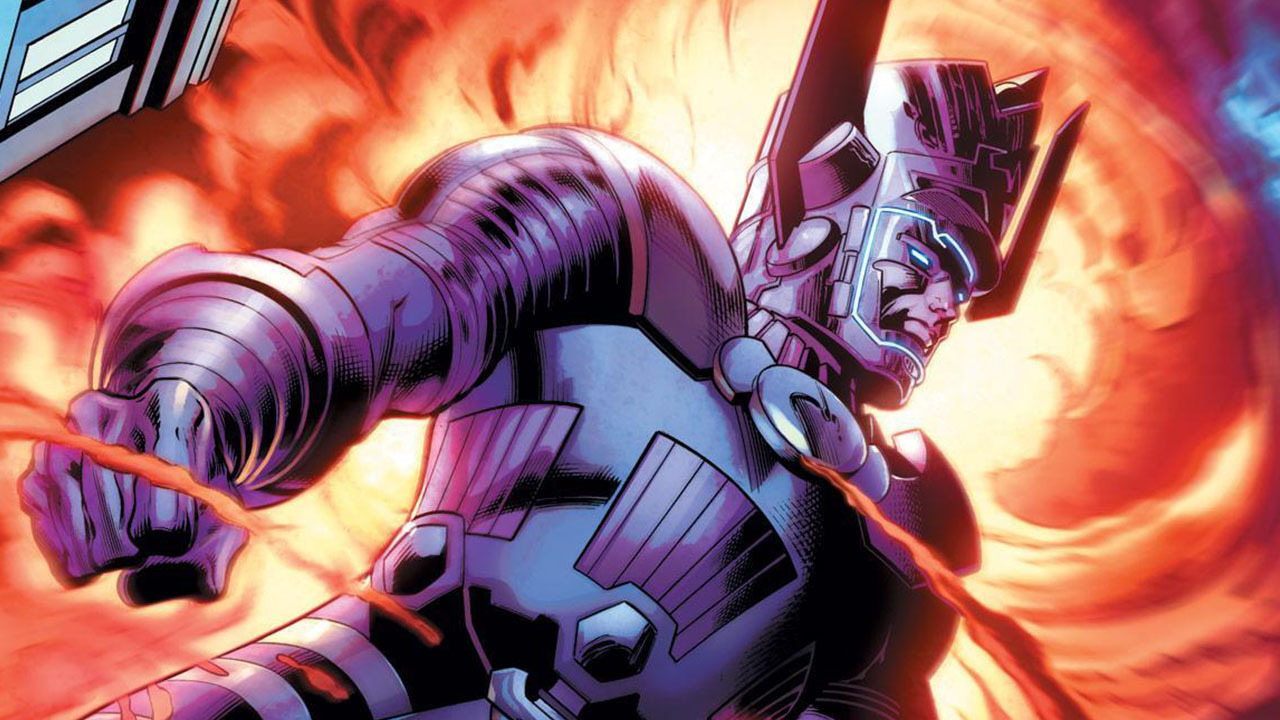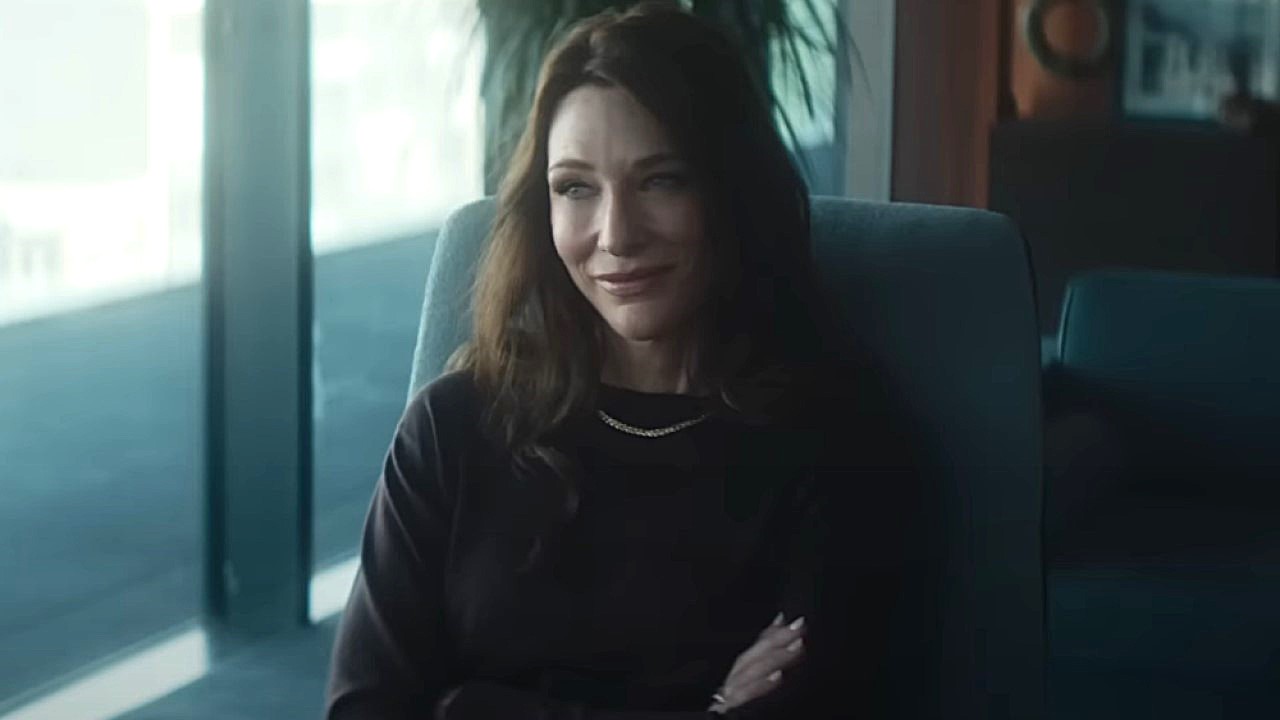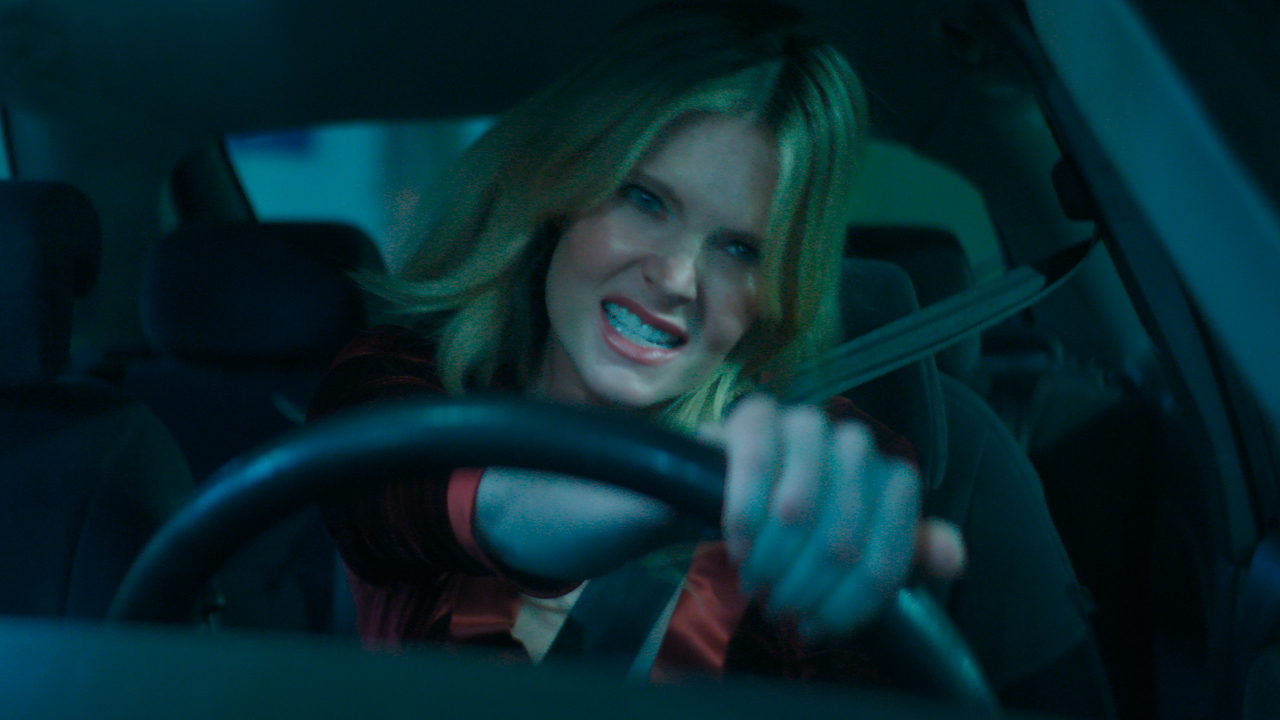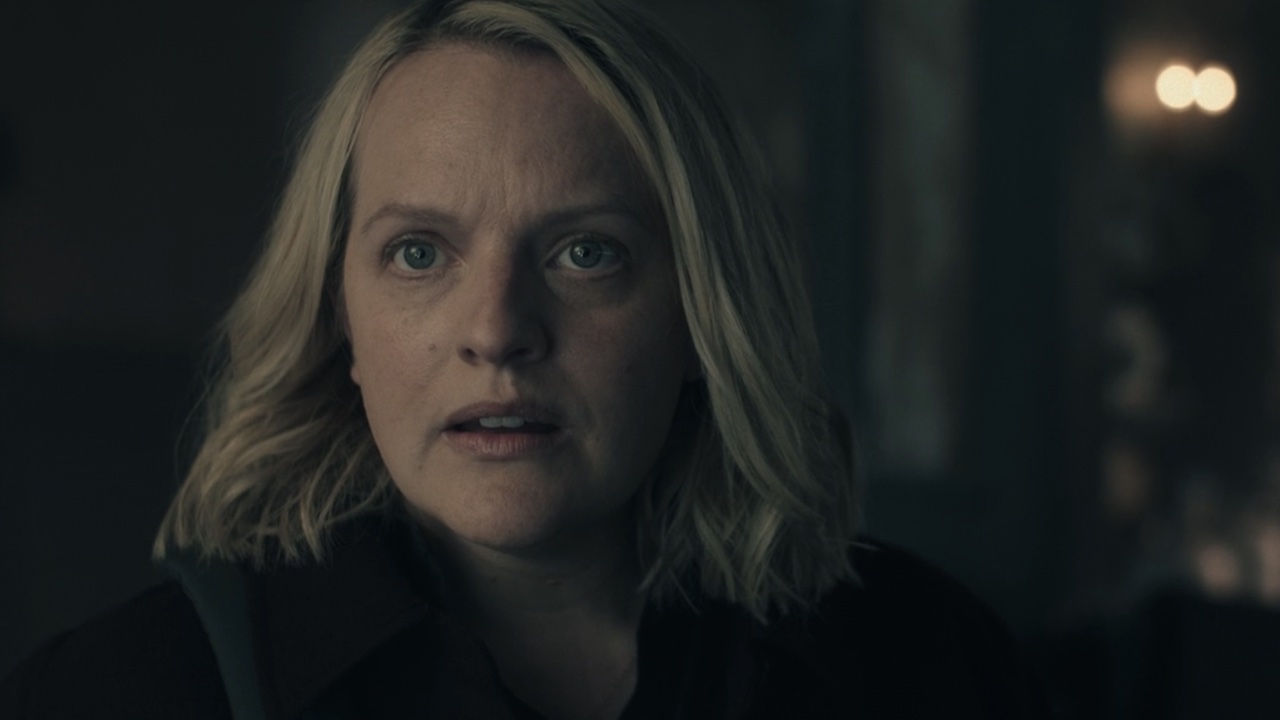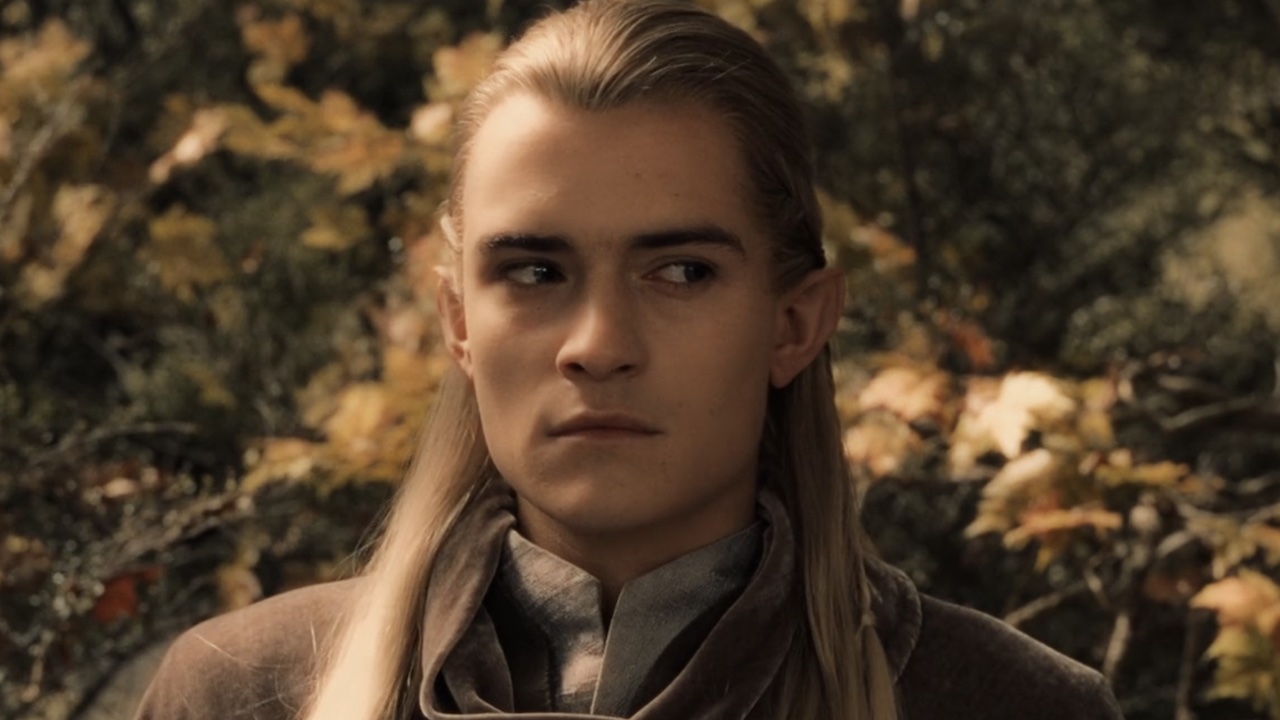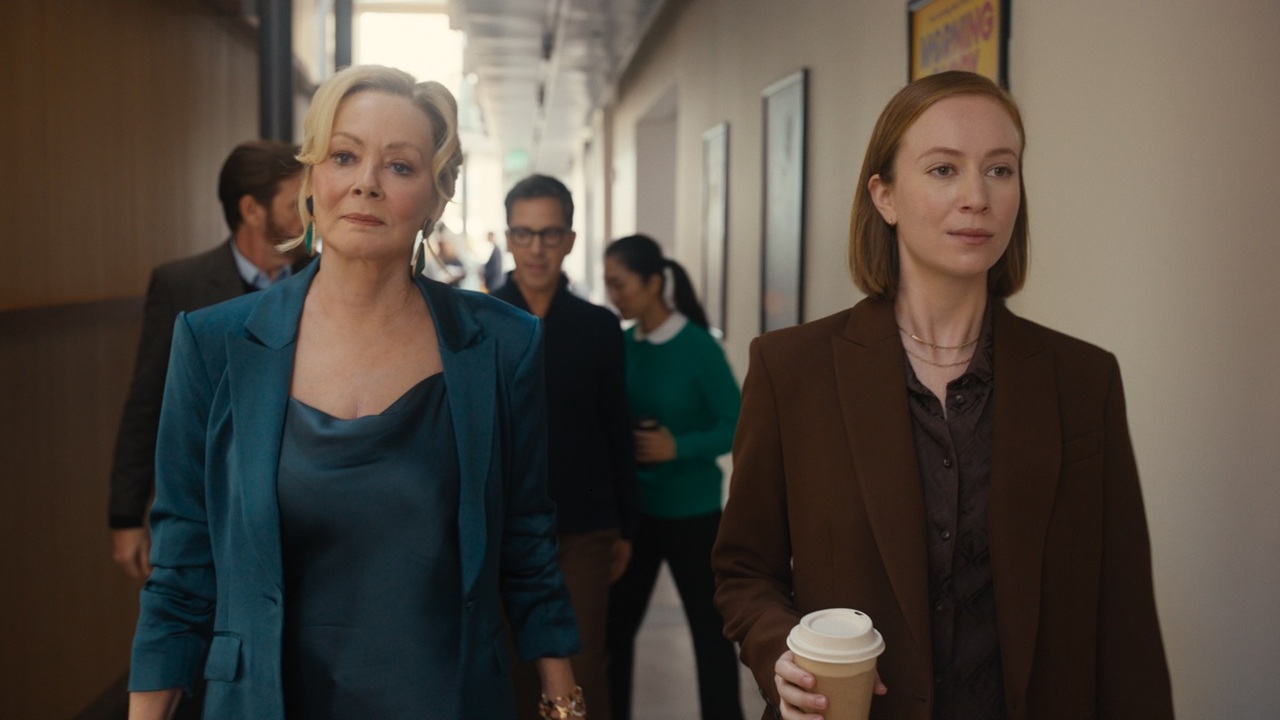Why So Many People Still Have Issues With The Lost Finale
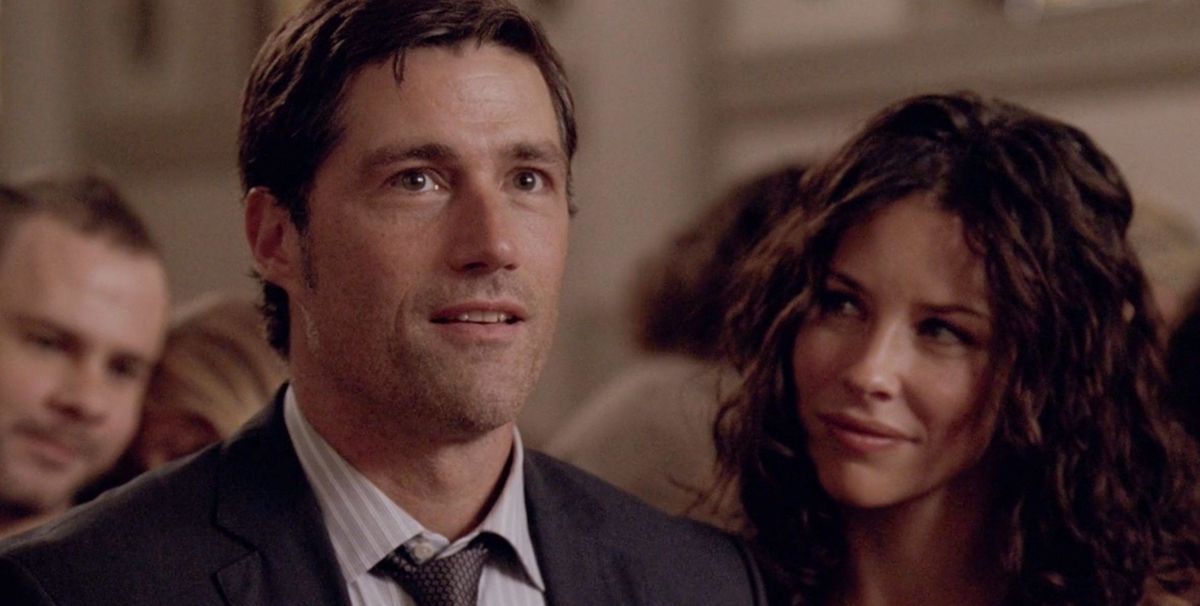
Can you believe it, ten years ago the only “The End” we were getting in heated discussions about was the series finale of Lost. ABC’s definitive sci-fi drama which preceded co-creator J.J. Abrams’ work on also much-debated Skywalker Saga and Damon Lindelof’s television accomplishments The Leftovers and 26-Emmy nominee Watchmen, (among the many marks on Hollywood the show has since left) has been burdened with a legacy of being one of the most controversial series finales in television history alongside shows like Game of Thrones, How I Met Your Mother and The Sopranos.
A decade later, it feels like ample time to revisit our old friends from flight Oceanic 815 and unpack why the Lost finale is so controversial. As this milestone passes, where do we land Losties? On the side of Jack: living together in harmony about the series’ closer or with a sassy Sawyer sensibility of contempt over how the six-season show left its characters back in 2010? Let’s talk through the major issues people had about it and come to a conclusion here:
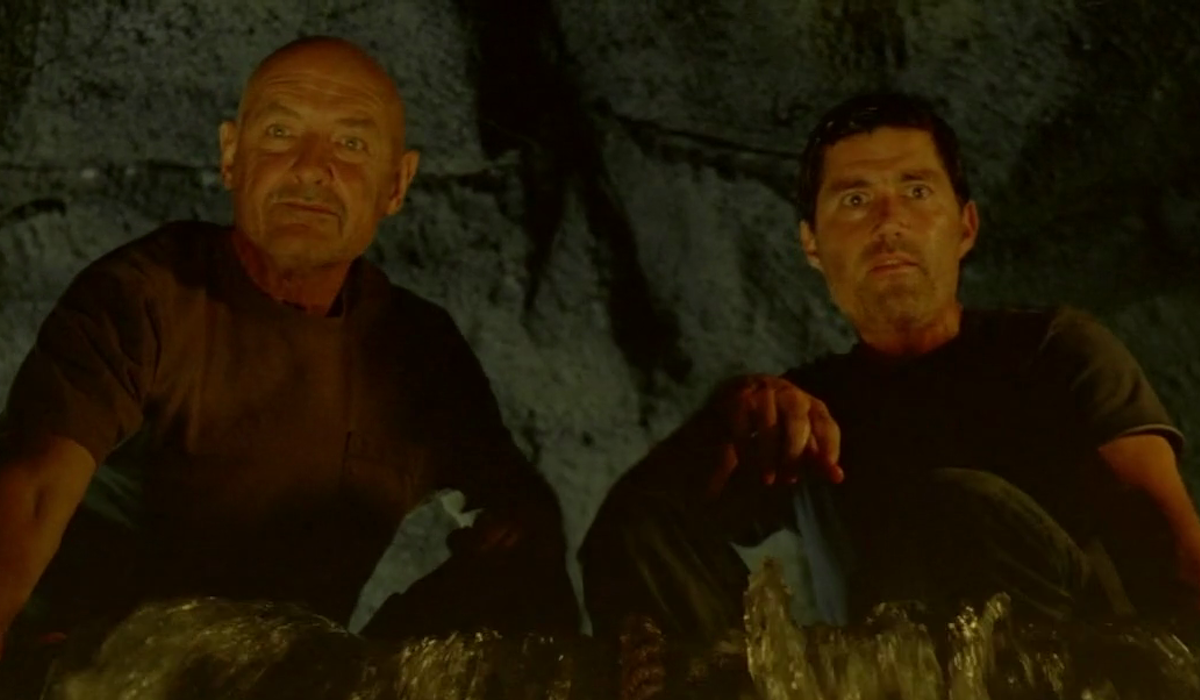
Too Many Questions Were Left Unanswered
The number one topic of contention that seemed to bother Lost fans during the epic finale was the lack of answers Lost offered in regards to The Island’s history and lore that audiences spent six years trying to unpack, such as the origins of the polar bears, the smoke monster and meaning of Hurley’s magic lotto numbers. As the final season unfolded fans did get some answers, but certainly not every box was checked on the Lost mystery bingo card.
There were entire blogs and fan sites devoted to decoding the mystery of The Island. But the main focus of the finale ended up to be the reveal that the “flash sideways” storyline was tracking the characters in purgatory before reuniting in a church and journeying to the afterlife together. Just about every outlet you can imagine published a “Lost questions unanswered” piece and it suffered some negative reviews. Gawker’s Max Read said this at the time (via Metacritic):
We learned nothing from two-and-a-half hours of slow-motion bullshittery backed with a syrupy soundtrack.
And The Baltimore Sun’s David Zurawik offered this opinion about the last episode of Lost:
If this is supposed to be such a smart and wise show, unlike anything else on network TV (blah, blah, blah), why such a wimpy, phony, quasi-religious, white-light, huggy-bear ending. ... Once Jack stepped into the church it looked like he was walking into a Hollywood wrap party without food or music -- just a bunch of actors grinning idiotically for 10 minutes and hugging one another.
It seems as though a lot of people who didn’t like the finale were bothered by the show’s reliance on emotion over the particulars of the series’ specific plot lines. To appease fans later, the creators even released bonus feature content on season six’s DVD set to delve into plot specifics about The Island.
The criticism is understandable (especially for those who enjoyed conspiracy theorizing about The Island), but looking at Lost as a whole, it was always a character study first over a puzzling mystery to solve. The plot elements seemed to be created to test the humanity of the plane crash survivors. It was the reveals along the way that gave audiences puzzling thrills to look forward each week. The priority of the series finale was to give the characters and audience closure about the cast they got to know deeply over six years.
CINEMABLEND NEWSLETTER
Your Daily Blend of Entertainment News
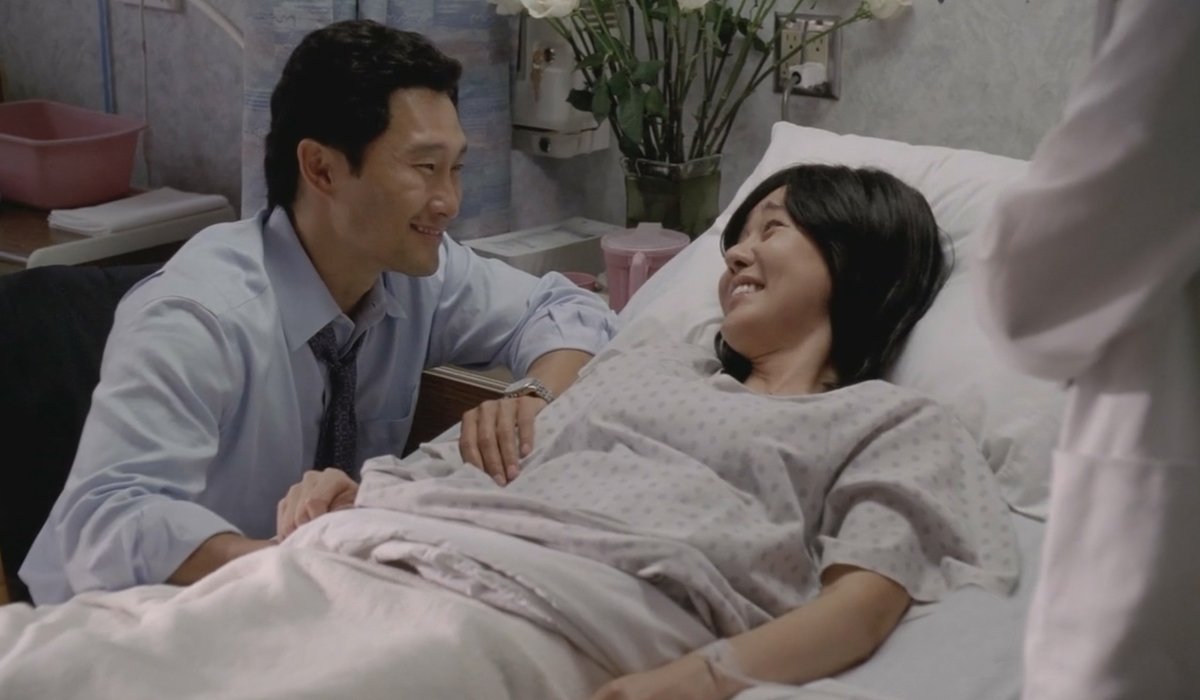
The Flash Sideways Timeline Was A Waste Of Time
Another problem fans had about the Lost ending was the use of the flash sideways throughout the last season. The Oceanic 815 survivors are leading different lives in purgatory throughout the season before they each remember their past and actual lives on The Island. There are plot developments such as Jack treating John Locke’s disability, Jin and Sun expecting a child of their own and Jack having his own son. The flashbacks were intertwined with some of the cast being back on The Island and accomplishing their final mission to destroy it. One Reddit user divulged in their thoughts a decade ago after witnessing “The End”:
As far as I'm concerned, the whole reason for having the flash sideways was ultimately for filler. If you think about it, at the start of season six they could have explained all the mysteries they revealed all season about the island in a five to ten minute explanation. But they stretched that out over 18 episodes, and I think what it came down to was that there wasn't enough story to tell with what was left, so they did the whole flash sideways thing.
This is an opinion echoed in a number of other posts I’ve read about those who didn’t like the finale as well. In other words, some people didn’t like that Lost spent so much time on creating an imaginary life for the cast because it ultimately didn’t theoretically matter. The inverse to this opinion is Lost was always about fate. It constantly explored the relationship between its characters before they ended up on the island and how elements of their pasts connected them all together. Therefore, exploring their arcs if fate had gone a different way was a natural place for Lost to go in its last season.
In terms of the “filler” point, co-creator Damon Lindelof recently revealed that the end of the show was an idea being discussed in between season three and four. He also told Collider why the flash sideways was decided to be part of season six with these words:
Because Lost was a show that really reveled in non-linear storytelling and liked to jump around in time, we started to become very enamored of the idea that although the final image of the final season would be Jack’s eye closing, we could show his entire experience post-death in some way Trojan horsed inside the show, and how could we hide it? How could we give the audience what we felt the audience had been demanding from the pilot, which is this purgatory? Are they all dead? Because when someone asks you a question, I believe — because this is how it is with me — they’re really telling you what they want.
The idea of the Lost characters being dead was a theory audiences had early on that the show creators decided to explore, just not in the way we thought. The characters were not dead on The Island and the mysterious tropical place was not purgatory (famously referenced in season 3’s The Brig episode where Locke’s father believes The Island to be hell). The most meaningful aspect of the lives they go back to when they are dead in the flash sideways' thought experiment are the group of people they met with on the island while they were living. And through the flash sideways the characters all come to terms with this.
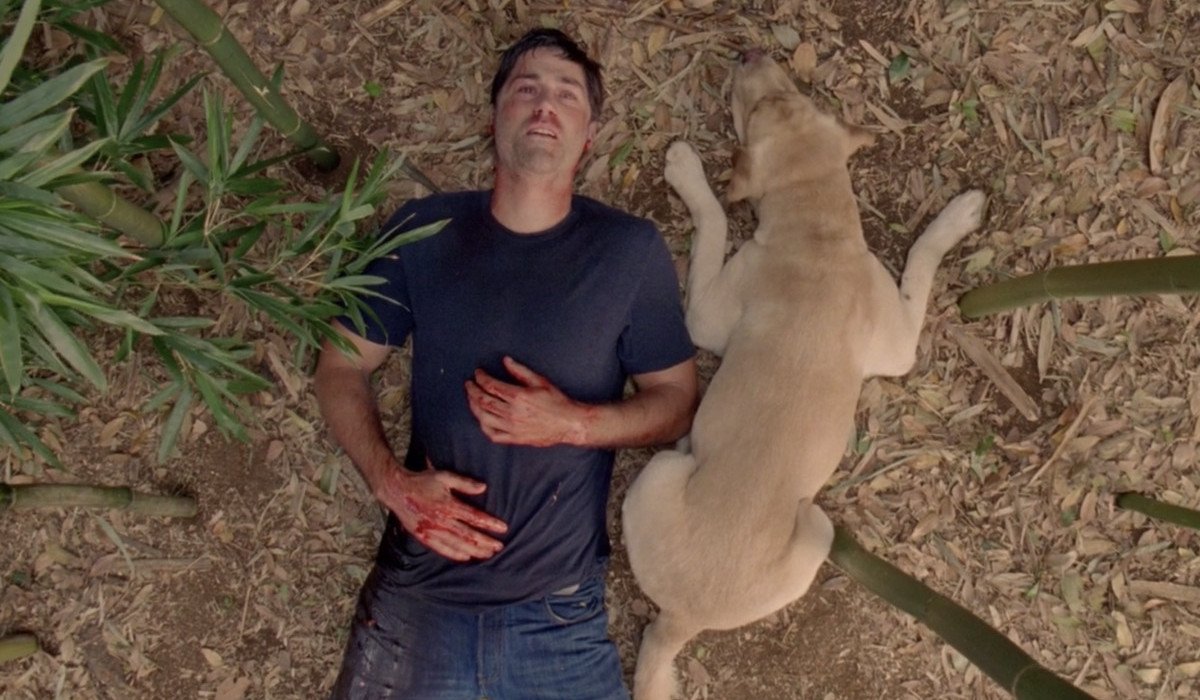
The Ending Chose To Be Preachy And Spiritual Over Imaginative
One thing that Lost especially suffered from when it comes to the finale, is the idea that the finale took the easy way out. Just like the storyline that a character was dreaming the whole time is often spit on by entertainment fans, the idea that “they were dead the whole time” also has knocked the end of Lost in the eyes of fans. As already explained (and I do still encounter this confusion between some fans) they were not dead the whole time! The only time they were dead is when they had their death scenes on the island throughout the series, ending with Jack closing his eyes and in the flash sideways scenes when they were in purgatory.
As TIME immortalized in their round up of the finale, “sci-fi purists were ticked over the spiritual ending” of Lost. Building off of the two previous points, those who don’t like the finale generally expected more mythology explained and didn’t want to give its existential themes the time of day. From my perspective (a devoted fan who has viewed the series multiple times) if you’re paying close attention to Lost, it was always a discussion about what it means to be alive, human and the implications of death.
The most central discussion in the series is found through Jack and John. Jack is a man of science and John is a man of faith. As the series goes along, Jack’s logical mind is challenged by mysticism of The Island. The indisputable main character of the series is someone who inherently longs to be in control and fix situations. As Lost unfolds, he learns that he cannot live his life this way. There’s always going to be another roadblock that will test logic.
On the other hand, John thrives off of the faith that the island is a beautiful place of giving that will answer all of his problems if he believes and submits himself to it, but he too is faced with heartbreak and disappointment. Lost is an exploration of the human experience and has anyone ever died with every answer at their fingertips? Relive the key finale moment below:
Looking back, no it's not a perfect finale and there are solid cases to be made about some of the choices the series made for “The End.” It’s still a memorable conclusion to a fantastic series. It’s perhaps controversial because it seeks to challenge two inherent beliefs: logic versus faith. What do you think? Did you like the last episode of Lost? Vote in our poll below and stay tuned here on CinemaBlend for more TV retrospectives.
This poll is no longer available.
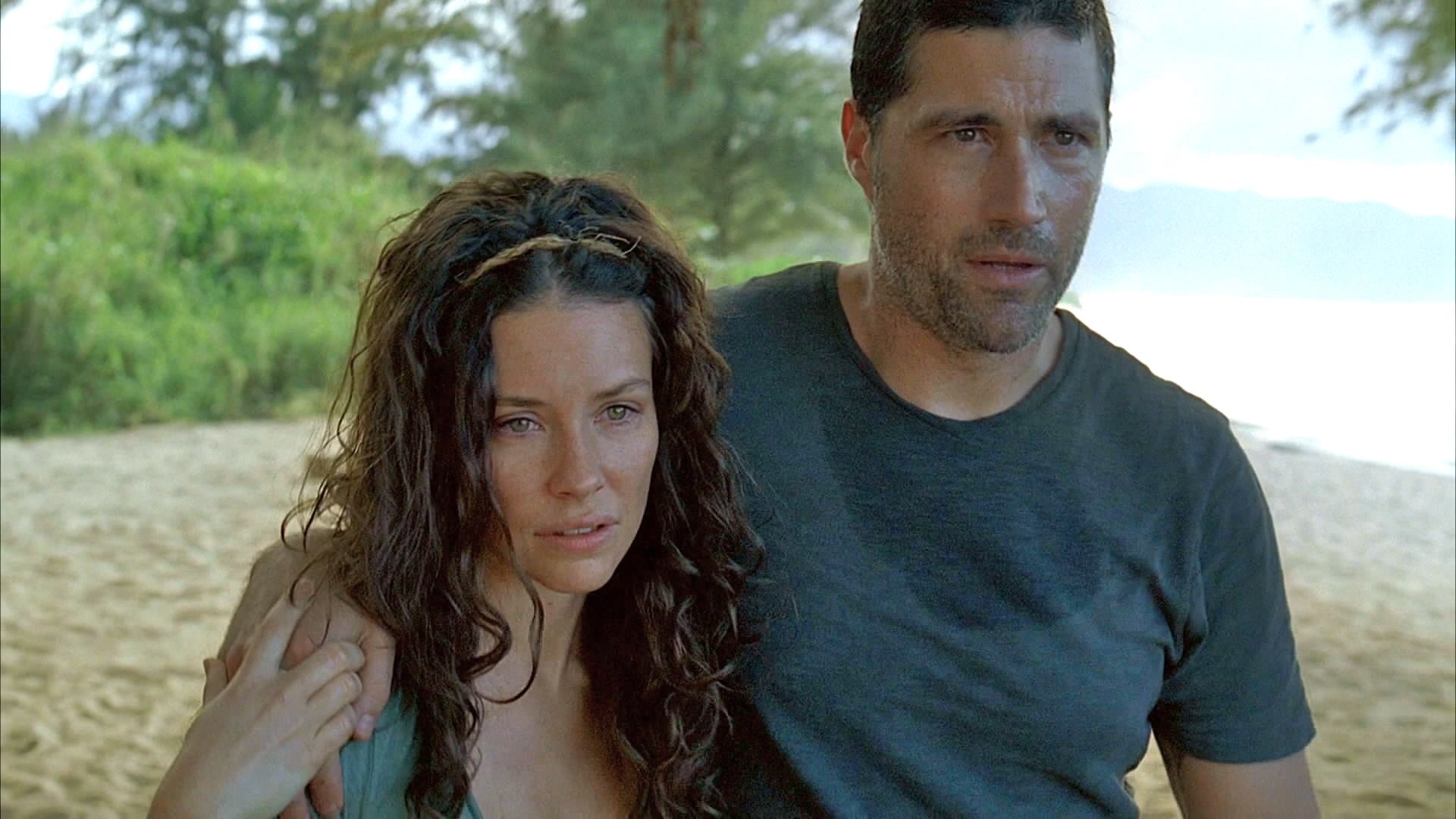

Sarah El-Mahmoud has been with CinemaBlend since 2018 after graduating from Cal State Fullerton with a degree in Journalism. In college, she was the Managing Editor of the award-winning college paper, The Daily Titan, where she specialized in writing/editing long-form features, profiles and arts & entertainment coverage, including her first run-in with movie reporting, with a phone interview with Guillermo del Toro for Best Picture winner, The Shape of Water. Now she's into covering YA television and movies, and plenty of horror. Word webslinger. All her writing should be read in Sarah Connor’s Terminator 2 voice over.

